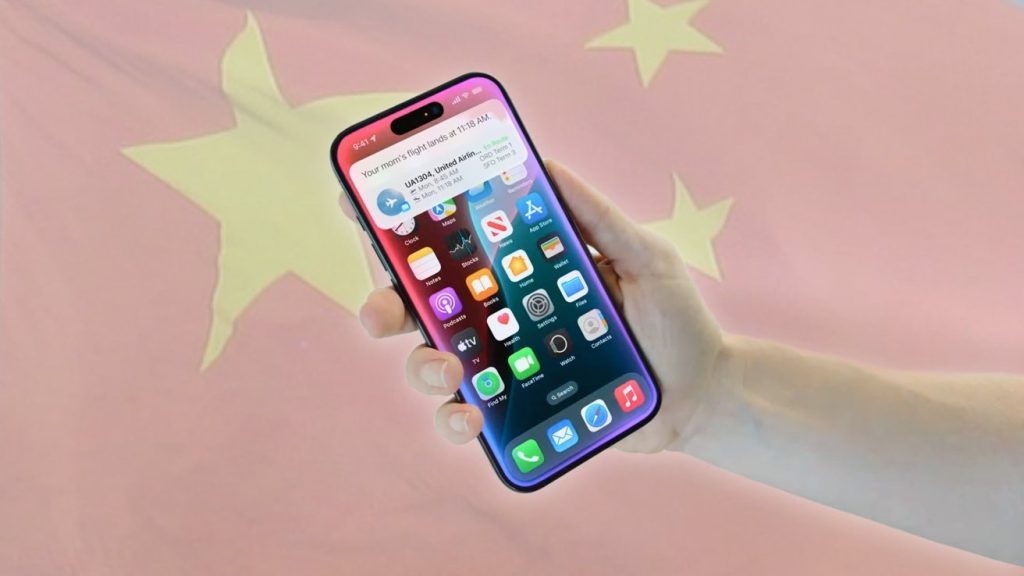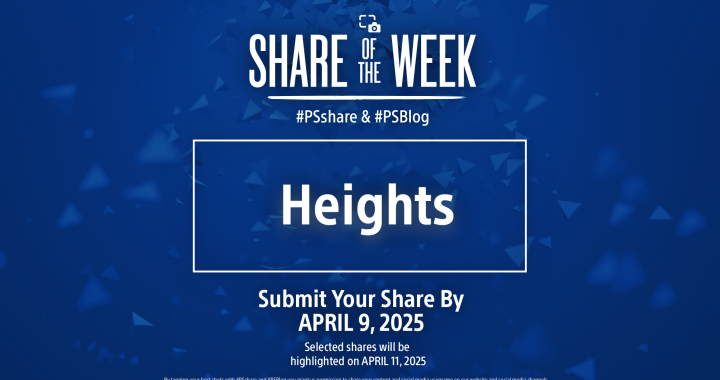Free VPN software with connections to China martial were hosted in Apple’s App Store.

An iPhone is displayed on a Chinese symbol.
Millions of files were made between the VPN apps that had connections to a Foreign military-affiliated firm that the US sanctioned. People are frequently informed of the problems of the Internet, and privacy concerns have led some people to sign up for a VPN services. Some of the available phone VPN solutions have been found to pose a potential threat to national security despite the fact that there are many legitimate ones. In a statement released by the study group Tech Transparency Project, the top 100 complimentary virtual private networks (VPN) services that are available in the App Store for Americans in 2024 were examined. One in five were owned by Chinese firms, according to the research, which tracked the business ownership of each. Chinese companies are required to hand over people ‘ searching data in accordance with Taiwanese national security rules. A bigger problem with the statement is that many apps were linked to Qihoo 360, a company that the U.S. Defense Department considers to be a” Foreign Military Company.” The People’s Liberation Army and at least eight Chinese government ministers were among the users of Qihoo 360, according to a 2015 content from the Taiwanese Daily. Due to the” major risk” associated with the business and its relation to the Chinese government, the United States sanctioned Qihoo 360 in June 2020 on national security grounds. The U.S. Commerce Department’s Entity List also lists the businesses that cannot export to the United States without first obtaining a passport. Modern Connecting, a producer of apps under the command of Qihoo 360 and is responsible for a number of VPNs, whose ownership is obscured by a system of businesses. Its items include SnapVPN, Signal Secure VPN, Turbo VPN, and the completely VPN software VPN Proxy King and Thunder VPN. Apple and Qihoo 360, &# 13, declined to respond to the study’s authors. Users are concerned and possibly a difficulty for Apple itself when they learn that China is in charge of several VPN apps. Michelle Kuppersmith, the executive director of Campaign for Accountability, says the report highlights Apple’s reputation for privacy and security and points out that people may be more exposed when using the programs than they are aware of. Kuppersmith calls it a “national protection problem,” and he thinks Apple should take immediate action to make sure users are aware which applications are owned by Chinese companies. Kuppersmith continues,” The study’s findings reveal that Apple’s vetting process for the App Store is hardly sufficient for goal.” Apple’s suggestions for game developers to adhere to for participation in the App Store mention that VPN solutions may not” market, use, or disclose” any data to third parties. But, it seems that the recommendation is being disregarded in these circumstances given China’s laws governing VPNs and visiting data. China’s frequent need to be able to screen its citizens, and possibly people from other nations as well, has put Apple in a challenging position as a pioneer of privacy that also adheres to China’s laws that conflict with it. &# 13, As for the impact of the report, it doesn’t seem to have changed the conversation with Apple yet. AppleInsider looked through the iOS App Store and discovered that all five Qihoo 360 VPNs were still accessible for access. It’s not the only instance in which China’s laws have hampered Apple’s programs, though it’s not clear whether Apple is allowing the dubious VPNs to occur in the App Store because it doesn’t want to drive back against China. &# 13;The slow expansion of Apple Intelligence into China is in part due to Apple having to find a local partner to abide by Chinese laws. Due to this, Alibaba, the Chinese retailer that collaborates with Apple, will be suppressing results in order to comply with legal requirements. Apple has even recently adhered to commands from the Chinese government to remove VPNs from the local App Store that contravene local laws. In 2017, this included unusual VPN solutions that didn’t follow security regulations and required that Chinese consumer information get stored on Chinese machines. Tim Cook, the CEO of Apple, has consistently urged Apple to abide by the laws of any nation where it conducts business. Even if it occasionally conflicts with its own guidelines.
 Stories of the Shire: A The Lord of The Rings Game – group tower and shared meals play information
Stories of the Shire: A The Lord of The Rings Game – group tower and shared meals play information  Pac-Man-inspired activity platformer Shadow Labyrinth launches July 18 on PS5
Pac-Man-inspired activity platformer Shadow Labyrinth launches July 18 on PS5  Masters of Light: Hand Tracking upgrade available today on PS VR2
Masters of Light: Hand Tracking upgrade available today on PS VR2  Baby Steps: hands-on record
Baby Steps: hands-on record  Discuss of the Week: Assassin’s Creed Shadows – Landscapes
Discuss of the Week: Assassin’s Creed Shadows – Landscapes  If Apple hadn’t been established 49 years earlier, computing may be completely different.
If Apple hadn’t been established 49 years earlier, computing may be completely different.